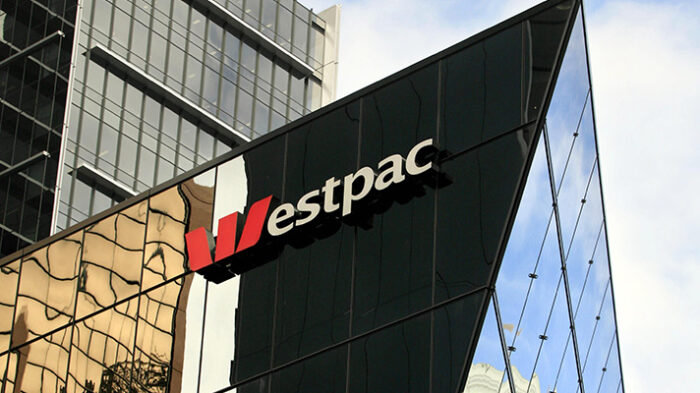Westpac Banking Corporation has been fined $1.8 million by the Australian Federal Court for its involvement in unconscionable practices during a significant $12 billion interest rate swap deal in October 2016. The historic transaction, the largest in Australia’s financial market, involved a Consortium of Australian Super and IFM entities. It pertained to their purchase of a majority share in Ausgrid from the NSW Government.
Westpac Bank Fined $1.8M for Unconscionable $12Bn Swap Deal

The Court identified Westpac’s approach in the pre-hedging phase of the interest rate swap as unconscionable. The verdict underscores the importance of maintaining ethical standards in financial dealings, particularly high-value transactions.
Sarah Court, the Deputy Chairwoman of the Australian Securities and Investments Commission (ASIC), stressed the global necessity of proper conduct in pre-hedging activities. She pointed out that Westpac’s approach put its clients at significant risk and deviated markedly from the practices of other financial institutions.
The Court remarked on the evolution of penalties for such conduct, noting that if Westpac had engaged in similar actions currently, the potential fines would be considerably higher. The Court found that Westpac traded significant interest rate derivatives ahead of the swap transaction without client approval or full disclosure.
This strategy, aimed at hedging about half of the interest rate risk, negatively impacted the Consortium, as any minor increase in the swap transaction price resulted in a substantial additional cost.
Don’t miss out the latest news, subscribe to LeapRate’s newsletter
On the swap day, Westpac’s derivatives trading desk made a profit of around $20.7 million, with $3.7 million attributed as commission to the Sales division.
The Court is contemplating whether to require Westpac to implement a compliance program that includes an independent review of its pre-hedging practices. This case highlights the escalation in civil penalties since 2016, with current penalties for similar offences significantly more substantial.
Westpac, a leading Australian bank, has faced several penalties for regulatory breaches. Recently, ASIC charged the bank with failing to adhere to the required 21-day response time for customer hardship applications over seven years, impacting 229 customers and worsening their financial hardship.
In 2022, the bank faced a significant penalty of AU$113 million (about $82.9 million) imposed by a federal court due to compliance lapses across various bank divisions, indicating systemic issues.